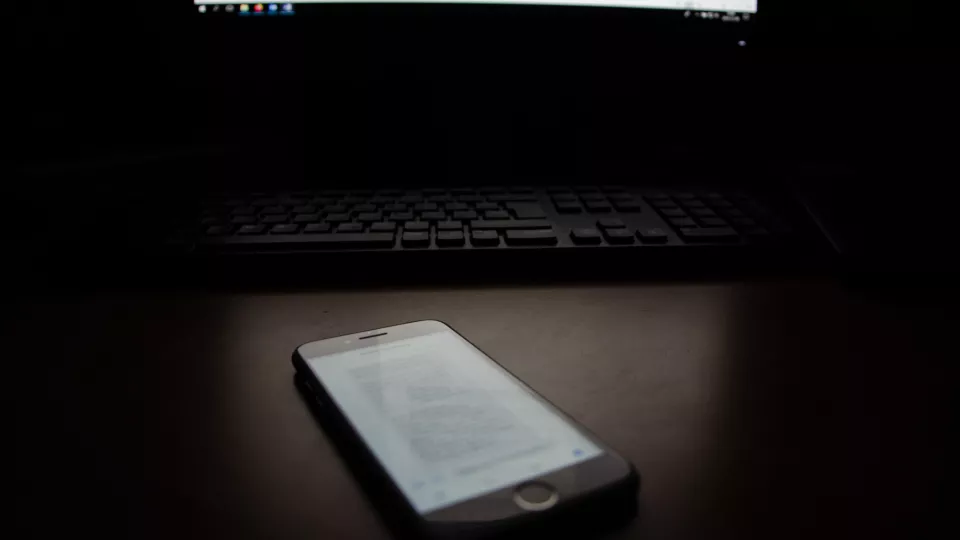In the last ten years, more journalists have received hateful and threatening messages online. The trend has led to self-censorship and declining mental health among media professionals. Most targeted are those covering beats dealing with immigration, multiculturalism, feminism or gender, and equality.
“In a mature and well-functioning democracy, the need for independent journalists is of great importance, a value increasingly more challenging to fulfil in the changing media landscape where hate and threats against the journalistic profession is a growing problem. In line with this development, some perspectives and facts run the risk of gradually being silenced in the public debate, which, in turn, could entail broader societal consequences,” says Oscar Björkenfeldt, Ph.D. candidate at the Sociology of Law Department, who is studying how hate and threats against journalists undermine democratic values.
The legal support is limited for journalists subjected to internet harassment. The judiciary's knowledge of online hate-related crimes is generally lacking, especially when it comes to opinion-formers, and most cases go unreported.
“There is an array of legal issues connected to the global reach of internet and major social media companies own regulatory policies of online hate and threats,” says Oscar Björkenfeldt. “Moreover, one of the main problems is to determine if the harm and consequences of online hate are sufficient to limit the fundamental right of free speech.”
Oscar Björkenfeldt will measure the extent of threatening and hateful comments by data mining Twitter, collecting all comments directed at around 2000 journalists for two years. Interviews and a survey study will measure, among other things, self-censorship behavior and the judiciary's ability to offer protection and support

